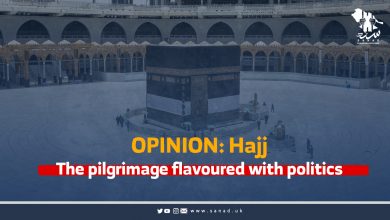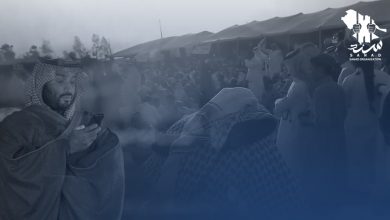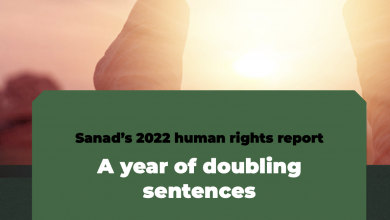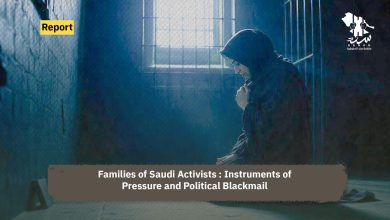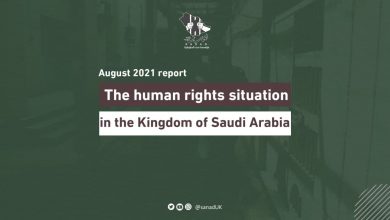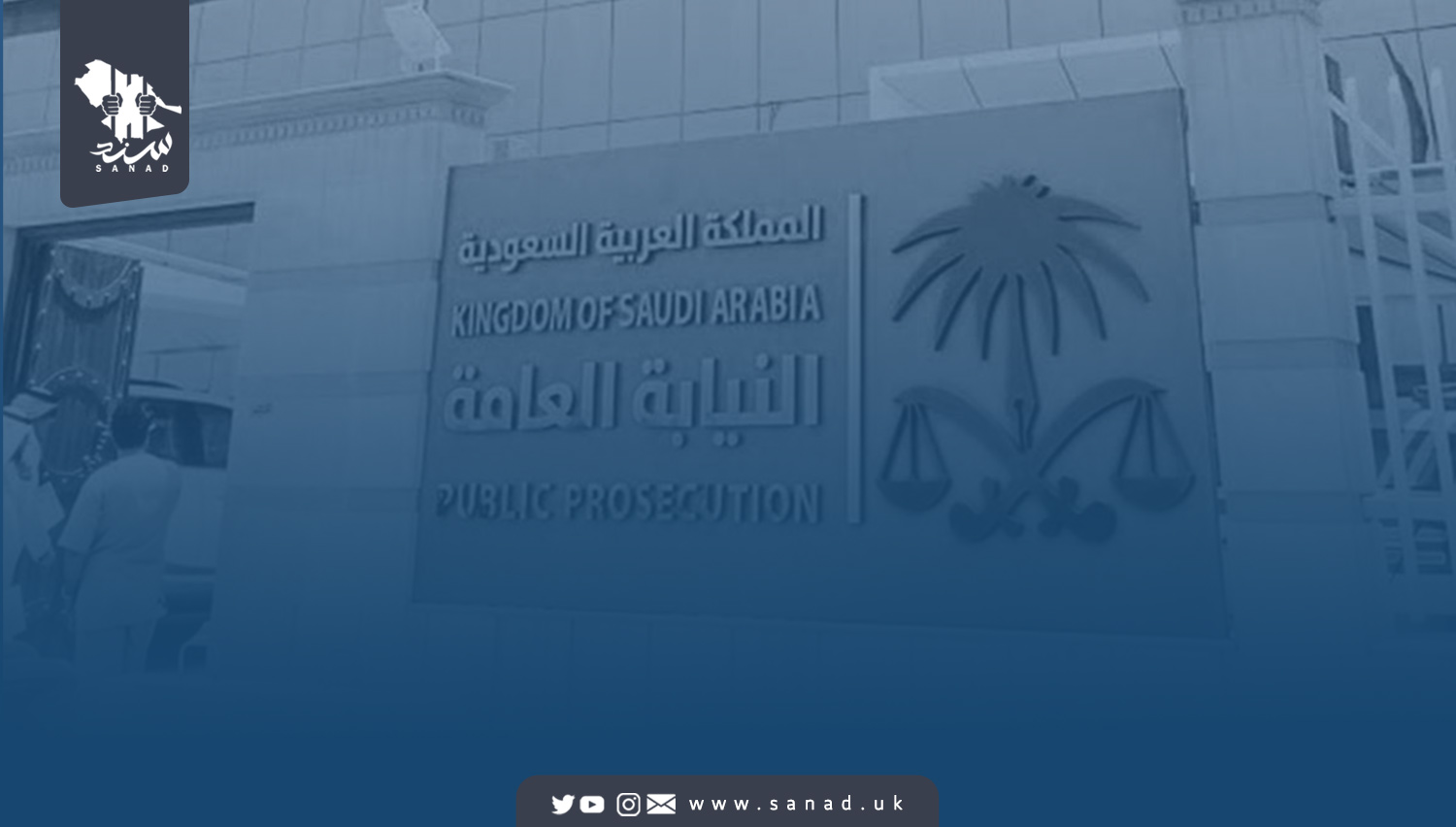
Public Prosecution in Saudi Arabia – between the glamour of the policy and the lack of implementation
There is nothing worse than the absence of laws and legislation except their existence on paper without implementation or commitment, and this is the least that can be said about the regulations and articles of the Saudi Public Prosecution policy in its dealings with prisoners of conscience and human rights activists in Saudi Arabia.
Articles failed to be applied
In the second article of its statute, it states: “It is forbidden to harm the person arrested physically or mentally, and it is also prohibited to subject him to torture or degrading treatment.” All practices of State Security with its various agencies and the Public Prosecution Office itself confirms the opposite. These issues of torture and harassment of women, such as Loujain Al-Hathloul, Samar Badawi, Eman Al-Nafjan and others, are still present in the international media and Western institutions, and the Saudi regime cannot dismiss or deny them. What other detainees have been subjected to, such as Salman Al-Awda, Ali Al-Omari, and Abdel Rahman Al-Sadhan, are recorded and known to many human rights organizations in the world. What is more ugly in this context is what Sulayman Al-Duwaish and Turki Al-Jasser have been subjected to in terms of disappearance and gruesome torture, with multiple sources claiming that they may have died under this torture. Indeed, what happened to them and to others confirms another violation of part of the same article which says, “The arrest or imprisonment is only in the places designated for each of them.” Human rights reports indicate that they were hidden in unofficial secret prisons in the basement of one of the royal palaces in Riyadh, and that they were tortured at the hands of senior officials in the Bureau.
Article 4 of the Public Prosecution policy states “Every accused person has the right to seek the assistance of a representative or a lawyer to defend him during the investigation and trial stages.” This was not made available, nor was it permitted with all prisoners of conscience in Saudi Arabia without exception, in clear violation of the Public Prosecution system and all the systems of the world. Many human rights organizations and figures in the world called for the detainees to be allowed to appoint lawyers and attend the investigation and trial sessions, but all these appeals failed in the face of this oppressive and tyrannical regime.
Article 12 stipulates that “the investigation and prosecution of minors and girls shall be in accordance with the regulations and regulations.” In this article, the Public Prosecution not only violated its text, but ignored it completely by demanding the execution of minors and young people because they participated in demonstrations such as Abdullah Al-Huwaiti and Mojtaba Al-Sweikit.
The reason for the contradiction
The reason for this deteriorating situation in really implementing the systems is the absence of public accountability and community participation due to the absence of all aspects of democracy, shura (consultation), and freedom of expression. On top of this, you have the overlapping powers of the legislature, judiciary and executive and their lack of independence, which is used as a tool in the grip of a tyrant, with which he uses to execute his brutality after he legislates as he pleases.


